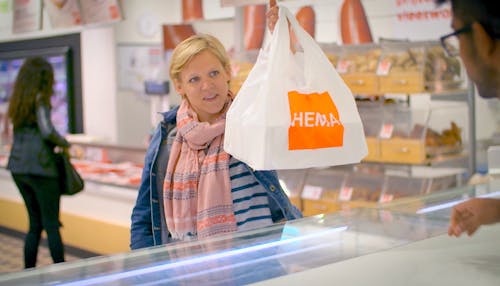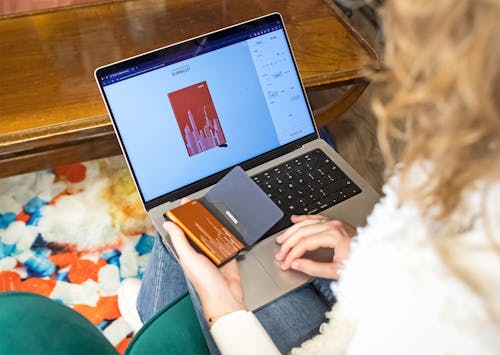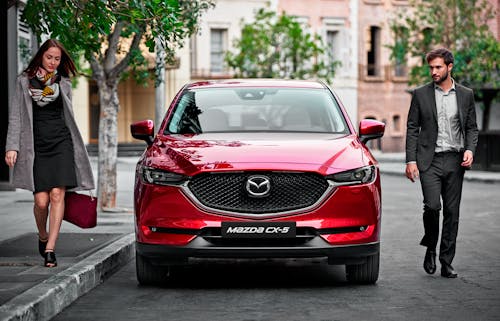Pieter Pot app
Together with start-up Pieter Pot, we built a new app that makes it easier for their customers to shop without packaging. Thanks to the improved technical architecture, the most sustainable supermarket in the Netherlands can now continue to grow even faster.
At Pieter Pot they believe that packaging-free shopping can be both sustainable and easy. At Q42, we believe in sensible products that improve people's lives and grow businesses. With a new, great app, getting even more people to do sustainable shopping is therefore a challenge that we gladly accepted.
Start-up with a challenging mission
At the sustainable online supermarket Pieter Pot, you can order groceries that will be delivered to your home in glass jars with a deposit. Running a packaging-free supermarket with such a deposit system involves a lot. There are no ready-made webshops that can handle deposits in a convenient way, certainly not on a large scale. Pieter Pot itself developed built a tech landscape for this.
Dilemmas
With the rapid growth and even greater ambition, it was time to replace that tech landscape. The setup with Shopify as a shopping platform did not scale well and did not provide the best customer experience. But you can't just replace an entire tech landscape. In addition, the online supermarket had to remain open during development. At the same time, it had to be possible to continue developing and experimenting, because as a start-up you cannot stand still. Finally, the question was what to invest in first: in back-end applications around deposits, a good link between the customer database and the front-end, or in a great shopping app. In short: enough dilemmas.
Technical-strategic advice
Since Pieter Pot did not have a CTO, we were asked to think along and advise - something we had already done at this start-up before. The challenge was to set up a solid tech strategy and roadmap together, in which all challenges could be solved in a pragmatic way.
Solution
In this preliminary phase, we soon discovered that all kinds of systems play an important role in Pieter Pot's tech landscape: for the product range, delivery times, deposit, payment, et cetera. Those systems all have their own APIs. The back-end in which these services came together could not be replaced in one go. Then Pieter Pot would be offline for months. Our plan was therefore to adjust all those services step by step, so that Pieter Pot could continue to grow. For this it was necessary to create an intermediate layer between the back-end with all its dependencies, including Shopify, and the front-end, the desired new app. By disconnecting the direct link between back-end and front-end, it was possible to expand and adapt the tech landscape step by step.
Approach
We therefore started building two things. On the one hand, we have placed a so-called Back-end for Front-end (BFF) between the existing back-end and the app. That is a layer behind the app where all logic is located, from business logic to UI components. This approach is called Server Driven UI (SDUI), and is also used by AirBnB and in our own HEMA app. On the other hand, we started developing the iOS and Android app. The app only uses that BFF and could therefore be launched quickly. At the same time, the tech landscape could be expanded and adapted. Building a Server Driven UI app has thus made it possible to combine Pieter Pot's ambitious goals in a smart way.
Pragmatic choices
For the new app, we have made very sharp, pragmatic choices together with the Pieter Pot team. We really focused on building an MVP: although not all desired features were directly in the app, existing customers were soon able to use the app. It helped enormously that Pieter Pot is a small, agile organization that is prepared to create a less perfect solution. Most importantly it works. The synergy between the Pieter Pot and Q42 team was therefore very great in this project.
Training the Pieter Pot development team
During the development process, we also helped Pieter Pot select and train their own developers. Those engineers really became part of our team, so that we could teach them our way of working. This way we kept the speed. And after the launch of the app, we were able to gradually transfer the project to our own development team - something we have done before at Kramp. In short: the new team has been given a flying start to continue building towards a packaging-free future! 💪







